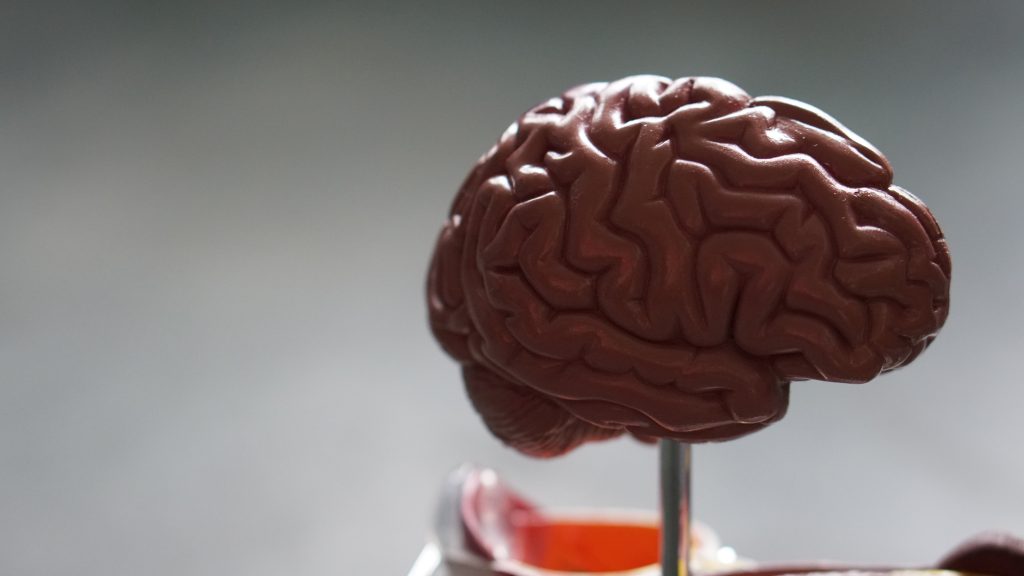The physical impact of alcoholism is severe and multifaceted.
If you’re otherwise healthy, having a little too much alcohol once in a while is unlikely to cause long-term harm. It’s a different story if you regularly consume large amounts of alcohol.
Most men define this as more than four drinks per day or 14 or 15 weekly. For women, heavy drinking is defined as more than three drinks per day or seven or eight per week.
Too much alcohol can be harmful both physically and mentally.

Alcohol and your Body
Damage to the Liver
Alcohol is a toxin, and your liver’s job is to eliminate it from your body. However, if you drink too much too quickly, your liver may not be able to keep up. Cirrhosis is caused by the death of liver cells caused by alcohol. Long-term heavy alcohol use may also result in alcoholic fatty liver disease, a sign that your liver isn’t working as well as it should.
Cardiovascular Disease
You may be aware of the risks associated with blood clots and high levels of fats and cholesterol in your body. Both are made more likely by alcohol. Heavy drinkers are also more likely to have difficulty pumping blood to their hearts and may have a higher risk of dying from heart disease, according to studies.
Problems with the Brain and Nervous System
Alcohol alters the communication pathways in the brain. This makes it difficult to think and speak clearly, recall information, make decisions, and move your body. Heavy drinking can also lead to mental health problems such as depression and dementia. You could also sustain painful nerve damage that lasts long after you sober up.
Anaemia
This occurs when your body does not produce enough healthy red blood cells to transport oxygen, causing ulcers, inflammation, and other issues. Too much alcohol may also make you more likely to skip meals, depriving your body of iron and other essential nutrients.
Cancer
Heavy alcohol consumption is clearly linked to a variety of cancers. The cells in your mouth, throat, voice box, and oesophagus can be damaged by alcohol. It has been linked to cancers of the liver, breast, and intestine. Alcohol can facilitate the entry of cancer-causing chemicals from tobacco and other sources into your cells.
Seizures
Long-term alcohol abuse may increase your chances of developing epilepsy. Seizures can also occur as a result of alcohol withdrawal after heavy drinking.
Gout
The painful buildup of uric acid in the joints causes this arthritis. Gout can be caused by consuming too much purine-rich food, which includes red meat, shellfish, and alcohol, particularly beer and spirits.
Infections
Heavy drinking can impair your immune cells’ ability to fight viruses and bacteria. It can also harm your liver, which helps your immune system by producing antibacterial proteins.
Digestive Issues
Booze is corrosive. It can cause stomach lining inflammation, resulting in heartburn and nausea. Over time, this can cause ulcers and chronic inflammation in your stomach, oesophagus, and gut. It can also make essential nutrients like B12 and thiamine more challenging to digest in your intestines. Alcohol can also cause a buildup of digestive enzymes in the pancreas, resulting in pancreatitis (inflamed pancreas). This can have an impact on how much insulin you produce, putting you at risk for diabetes.
Sleep
Drinking a lot of alcohol may cause you to pass out at night. However, the sedative effect can disrupt or impair your sleep once the sedative effect wears off. Binge drinking can make it difficult to fall and stay asleep. It can also worsen snoring and sleep apnea, making it difficult to get a good night’s sleep.
Alcohol and your Brain
It’s hard to get over alcoholism because a problem in the brain causes it. Alcohol releases chemicals in two key reward brain centres, which make you feel good and satisfied. Alcohol can also change the chemistry of your brain, which makes it even more addicting.
Because these changes happen physically, drinking too much alcohol can overstimulate the brain’s pleasure and reward centres, making a person crave more and more. Once you stop drinking, these reward centres start to fade, which can make you feel sad or hopeless which makes you want to drink again. Alcohol can also make it harder to control your impulses and make good decisions, which can make it easier to use again.
People who are addicted to alcohol may have several mental effects, including:
- Stress or depression
- Needing to spend a lot of time trying to get alcohol
- Strong desire to drink even though drinking can hurt relationships
- Not being able to do what you need to do at work, home, or school
- Not doing fun things so you can drink

How to Get Help
Get help if you suspect you have an alcohol problem. Consult your physician, therapist, or an addiction specialist. Look for online support groups. Some people can quit smoking or even drinking on their own, though rarely.
However, if you believe you require more professional support, contact an addiction recovery provider such as AddictionUK, who will start your journey with a medically supervised detox in the comfort of your home. Addiction is highly relapse-prone, especially in the early stages of recovery. So, having a therapist help you navigate this challenging phase is best. You should also contact your local Alcoholics Anonymous chapter.
If you or a loved one is struggling with an alcohol-related issue, call Freephone at 0800 140 4044
Freephone: 0800 140 4044
Local rate: 0300 330 3040
Contact us here to find out more

